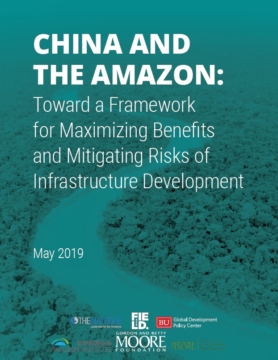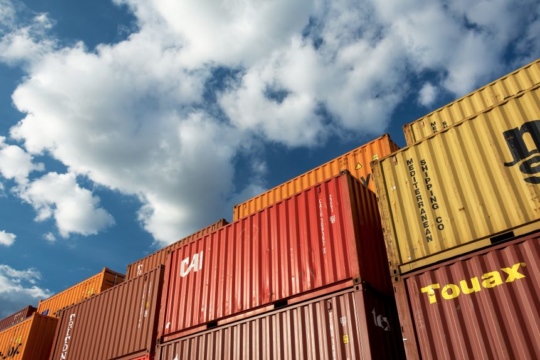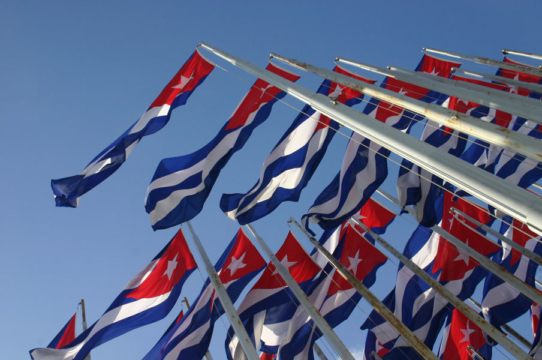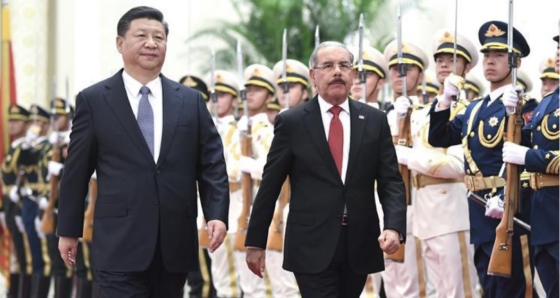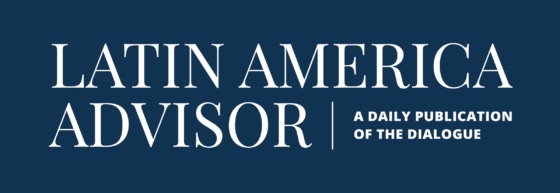
Editor’s Picks: Top Content from the Latin America Advisor 2019
Top selections from the Latin America Advisor’s editorial staff of issues covering especially important developments during 2019, a remarkable year for Latin America and the Caribbean.
Top selections from the Latin America Advisor’s editorial staff of issues covering especially important developments during 2019, a remarkable year for Latin America and the Caribbean.
Los países de América Latina necesitan socios, necesitan inversionistas, pero tiene que entender que ningún socio económico vendrá sin algún efecto secundario.
CSR is a topic of interest for many of China’s major overseas investors. New Chinese progress on CSR will be critical, especially as companies look to grow their extractive sector investments and extend the BRI beyond the Eurasian region.
Michael Shifter discussed in Minneapolis for Global Minnesota the complex and often strained relations between the US and Latin America including a look at immigration and trade policies, the reversal of the Cuban thaw, the Trump administration’s return to a more militant war on drugs, and the implications of recent developments with Venezuela and China.
Best outcomes for Panama, whether in its relations with China or other economic partners, will depend on the country’s commitment to open and equitable procurement processes and effective project monitoring and evaluation.
China’s economic outreach in LAC has eroded Taiwan’s diplomatic presence in the region, but mixed investment results and divided public reception will complicate China’s attempts to cultivate new relations.
¿Cómo se verían los lazos más fuertes entre México y China, y cómo puede ganar cada país?
The China-Latin America agro-industrial relationship has been growing, and at a notable pace, prompted in large part by China’s evolving food security strategy
Margaret Myers, director of the Inter-American Dialogue’s Aisa and Latin America program talks to The Banker’s Silvia Pavoni about China’s relationship with Latin America from trade, investment, technology and infrastructure development.
¿En qué medida las tensiones crecientes entre Estados Unidos y China afectan las cadenas de suministro globales y el papel de América Latina y el Caribe en ellas?
While the crisis in Venezuela is primarily humanitarian in nature, international involvement has escalated to the point where a discussion of the geopolitics surrounding the issue is both appropriate and timely. To that end, the Inter-American Dialogue co-hosted a discussion on May 21 titled “Is the Venezuela Crisis Becoming a Proxy Conflict?” with the Carnegie Endowment for International Peace.
The emergence of China as a new economic partner presents trade offs for Amazon basin countries. Without special care to avoid and minimize ecological and social impacts, the costs of development run the risk of outweighing its gains.
A protracted trade war is expected to have lasting effects on the region’s economies. The IMF estimates slowing global growth in 2019, including in third markets, based on large part US-China trade tensions. Ongoing economic uncertainty could also weaken Latin American currencies if populations there invest in US dollars to avoid the effects of local currency devaluation.
President Donald Trump’s decision last month to increase sanctions on Cuba represents a strategic error with serious long-term repercussions for U.S. national security.
The Dominican Republic’s president, Danilo Medina, in late March met with Chinese Vice Premier Hu Chunhua in Santo Domingo, where they agreed on new economic cooperation accords and followed up on agreements that the two countries made last year. How much have ties with China paid off for the Dominican Republic?
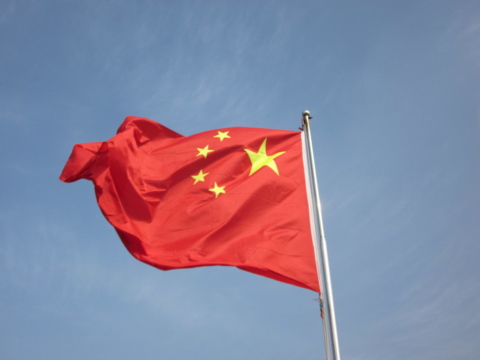
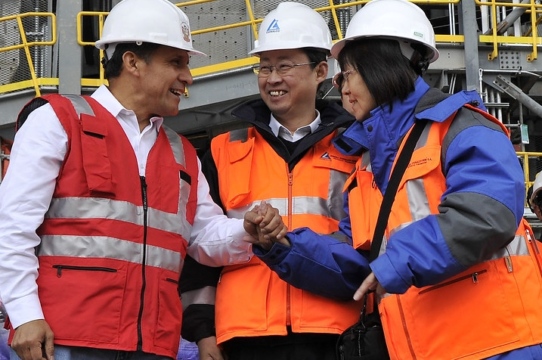
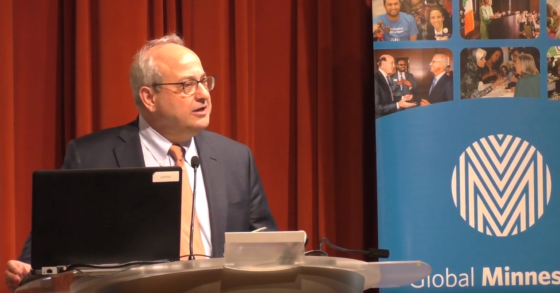 Video
Video
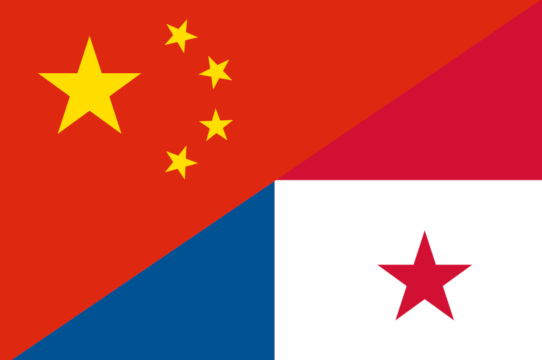
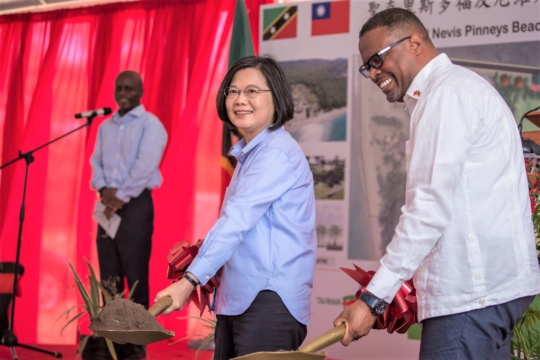
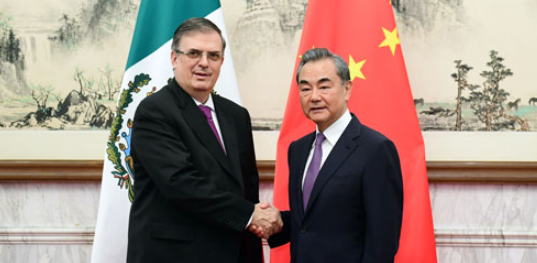
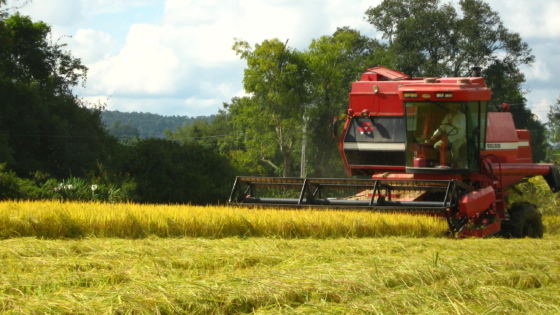
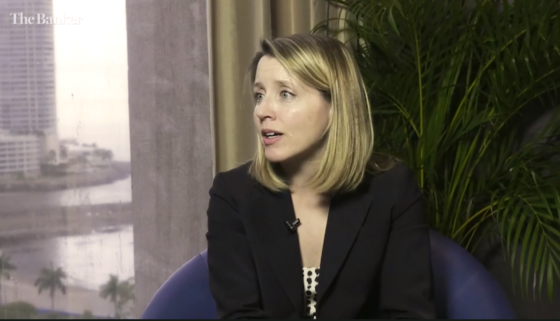 Video
Video
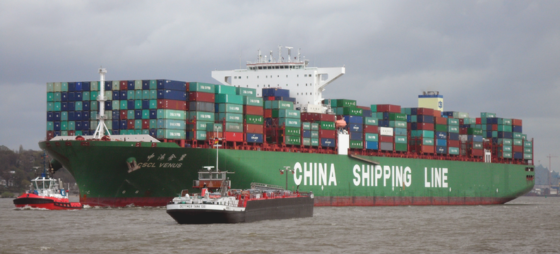
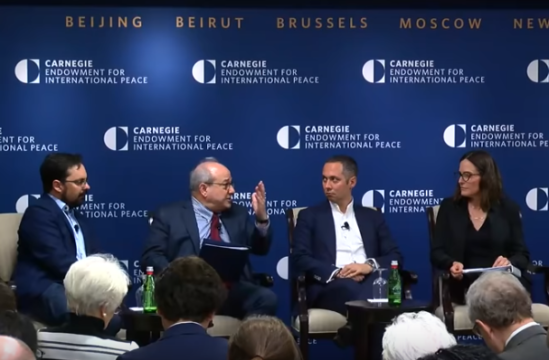 Video
Video
